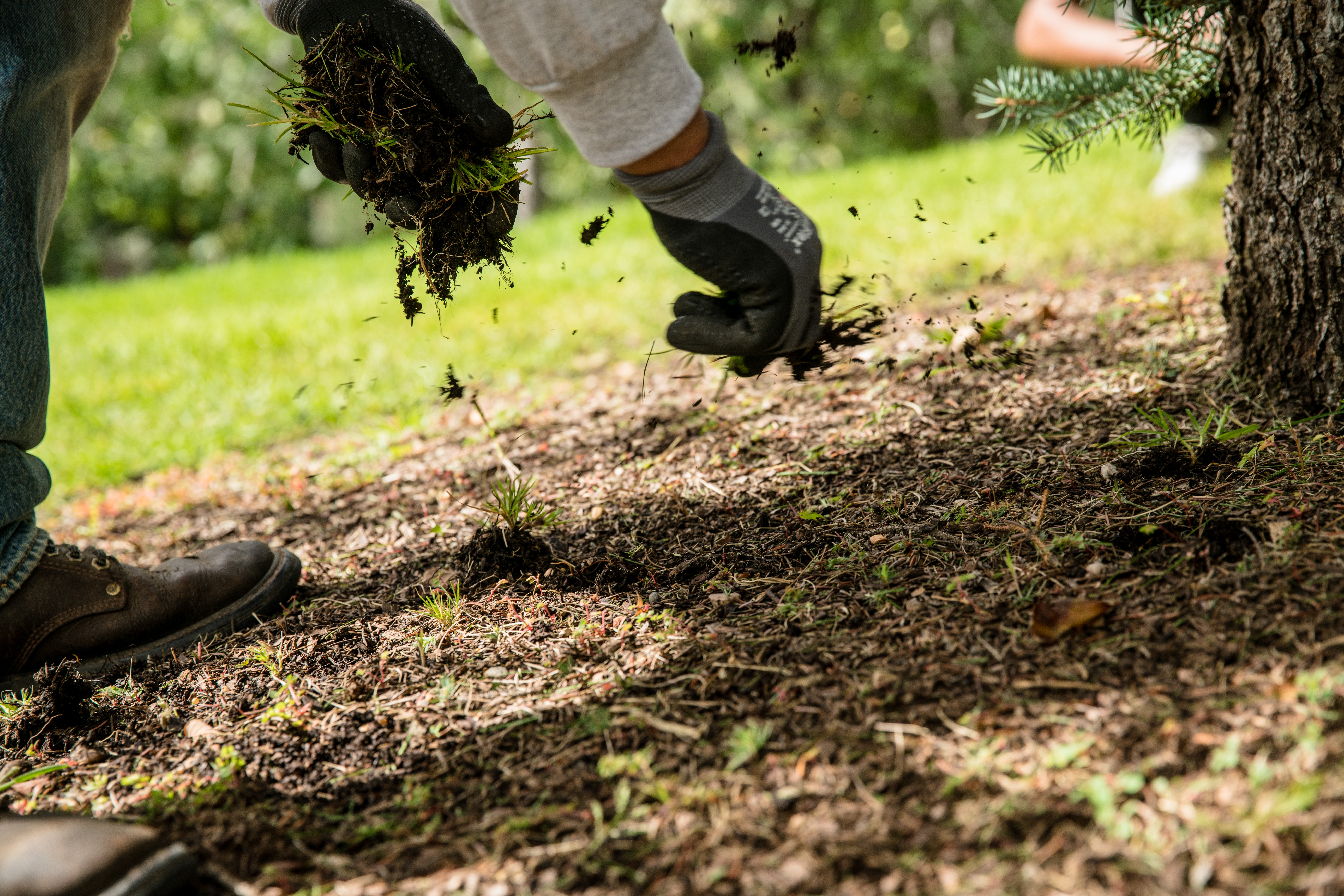
If the forecast holds, Monday night could be the first night of frost or freeze in the Denver area marking the end of the 2018 growing season. It's been a long season this year, but the moment always arrives when it's time to call it quits.
Here are some tips for harvesting veggies post-freeze and chores that could be finished during a warm weekend ahead.
Garden reminders
- Carrots, parsnips and turnips can be left in the ground after frost for harvesting later.
- Un-ripened tomatoes should be brought inside before frost. If you need to speed up ripening the green ones, put them in a paper bag with an apple.
- Squashes, melons and pumpkins will likely be damaged by a freeze. If used for outdoor décor, bring them inside overnight when freeze is in the forecast. If they are still green, leaving them indoors will hasten color changing to orange
Flowers and herbs
- Use cool season plants - pansies, violas and kale - for outdoor fall color.
- Annual herbs can grow indoors in containers as long as they have not been damaged by frost or freeze. Good herbs to grow indoors include sage, basil, parsley, stevia and tea.
- Hardy perennial herbs, such as chives, mint and oregano, can be left in the ground as they should come back next spring.
Fall clean-up and composting
One warm weekend is probably all you need to get your end-of-season chores checked off the list. Below are reminders about which plant material to remove, what can be left and some tips for keeping growing spaces healthy for next year's projects.
- Remove all annual veggies, herbs and flowers once they have been freeze damaged.
- Perennials: spring-flowering perennials can be divided in the fall. Foliage on other perennials, such as daisies, can be cut back.
- Leave some plants in the yard to provide winter food for birds and other wildlife. Avoid cutting back sunflowers, Echinacea and ornamental grasses.
- Remove and dispose of all dead fruit and veggies that are on the ground.
When cleaning up garden debris:
- Compost leaves, grass clippings, straw, non-diseased plant debris and weeds if they have not gone to seed.
- Avoid composting any plants which are diseased and large pumpkin and squash vines because they take too long to decompose. Because tomato plants often carry diseases, some gardeners avoid composting them altogether.
- Finally, add mulch over the garden to maintain moisture and soil quality. Add straw, a fresh layer of compost or use grass clippings from the final lawn mowing.
With unsightly debris removed and a blanket of mulch, your garden will be nicely tucked in for the winter. Now you can take a few months off from landscape chores!
Get your yard ready for the winter. Email us at info@designscapes.org to schedule your fall yard cleanup.
